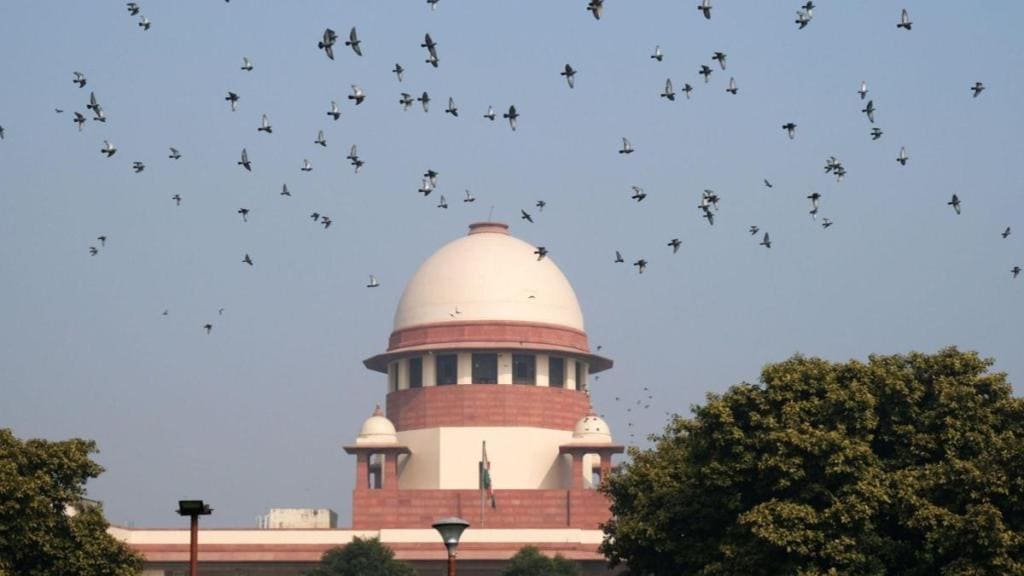The Supreme Court on Tuesday directed the Centre to submit responses to petitions contesting the constitutional validity of the Citizenship (Amendment) Act (CAA), 2019, and its accompanying rules within three weeks of duration. The court has posted the matter for hearing on April 9.
A three-judge bench led by Chief Justice of India D Y Chandrachud was hearing a batch of over 237 petitions along with various interlocutory applications.
Also Read: CAA rules notification: What changes as Citizenship Amendment Act comes into force?
These applications seek a stay on the Rules until the apex court resolves the petitions challenging the constitutional validity of the Citizenship (Amendment) Act, 2019.
The bench adjourned today’s hearing on Solicitor General Tushar Mehta’s request, granting time to respond to the petitions and the applications.
Also Read: Centre notifies Citizenship Amendment Act rules in big move ahead of Lok Sabha polls
“The Act does not take away anyone’s citizenship. There is no prejudice caused to the petitioners,” Mehta told the bench, also comprising Justices J B Pardiwala and Manoj Misra.
The primary petition has been filed by the Indian Union Muslim League (IUML), which asserts that the rules announced by the Centre “create a highly truncated and fast-tracked process for the grant of citizenship to persons covered under the exemption created by Section 2(1)(b) of the Citizenship Act, 1955… which is manifestly arbitrary and creates an unfair advantage in favour of a class of persons solely on the ground of their religious identity, which is impermissible under Articles 14 and 15.”
Last week, the central government announced the rules for implementing the CAA, under which individuals belonging to Hindu, Sikh, Buddhist, Jain, Parsi, or Christian communities from Pakistan, Bangladesh, and Afghanistan, who entered India before December 31, 2014, can apply for Indian citizenship without the requirement of a valid passport from their home countries or a valid visa from India.

